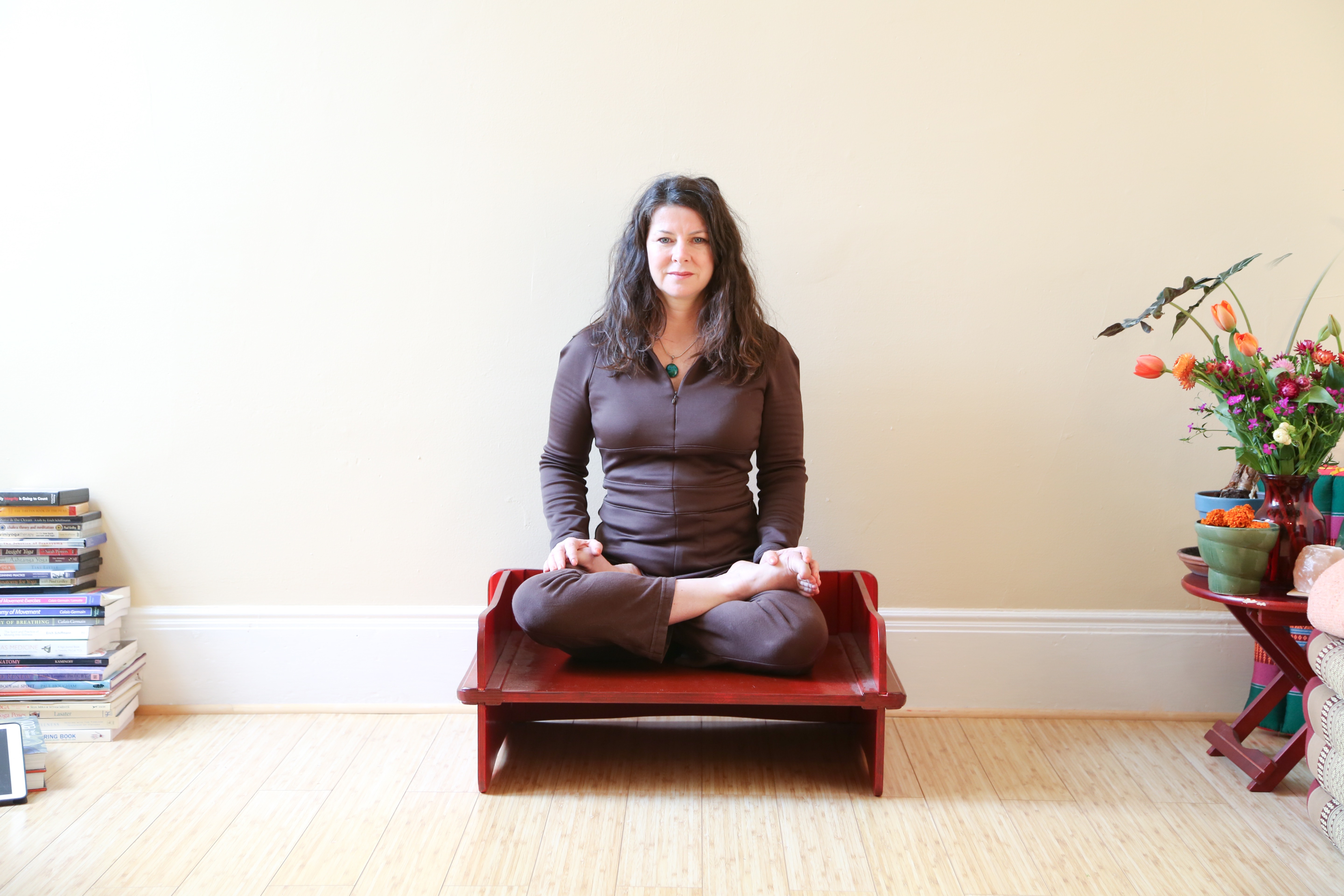 So this month we are supposed to feel Gratitude. Everyone has gratitude, and likes to feel it. The spontaneous arising of authentic appreciation feels warm and fuzzy, sometimes really exciting.
So this month we are supposed to feel Gratitude. Everyone has gratitude, and likes to feel it. The spontaneous arising of authentic appreciation feels warm and fuzzy, sometimes really exciting.
But what about those times when we fake the form of gratitude without any feeling whatsoever? We’re obligated at times- especially during this month- to give thanks whether we feel it or not.
Often that’s just how real life is. We can’t always swell with emotion. It’s easy to see, though, how we can fall into the habit of saying “thank you” or talking about “blessings” with a empty heart. How this hollow practice could become the norm. Emotions are sloppy and life often requires- or seems to reward- a more composed and nonchalant grace.
Clearly, nobody wants to become so composed as to be insincere when they don’t really have to be. So-
I just have to share something I read recently about a study on how gratitude works. In the study, two groups of individuals were given a set of problems to navigate. The individuals in one group were given minimal assistance. Those in the second group were given more help. Whether or not the problems were alleviated- the second group was given support up to the time that each individual was moved to express gratitude.
What is amazing about the study is the next phase. All individuals were then put in various situations wherein they had the opportunity to choose to help others in need.
The second group, those who had received help to the point that they were moved to express gratitude were much more likely to help out others.
It really shifted my perspective on the habit of communicating less-than-heartfelt-thanks. I hope that I now will have a little more awareness when saying “thank you” or talking about what I’m grateful to have.
Since I’m saying the words anyway, why not go ahead and really allow myself to not only feel the gratitude, but to savor the sensation of appreciation?
What if gratitude is a currency that is offered, not just in reciprocity for past kindness, but one that “pays forward” for future kindness? The irony of this: even the most selfish, self -serving person should feel gratitude in order to get what they want in the future. Ha! I love it.
I’m grateful for people who care enough to study these issues in labs and share results such as these. (I originally posted the article from The Boston Globe but it is no longer available online.)
Happy Thanksgiving! Enjoy! I appreciate your interest. (I mean it.)

